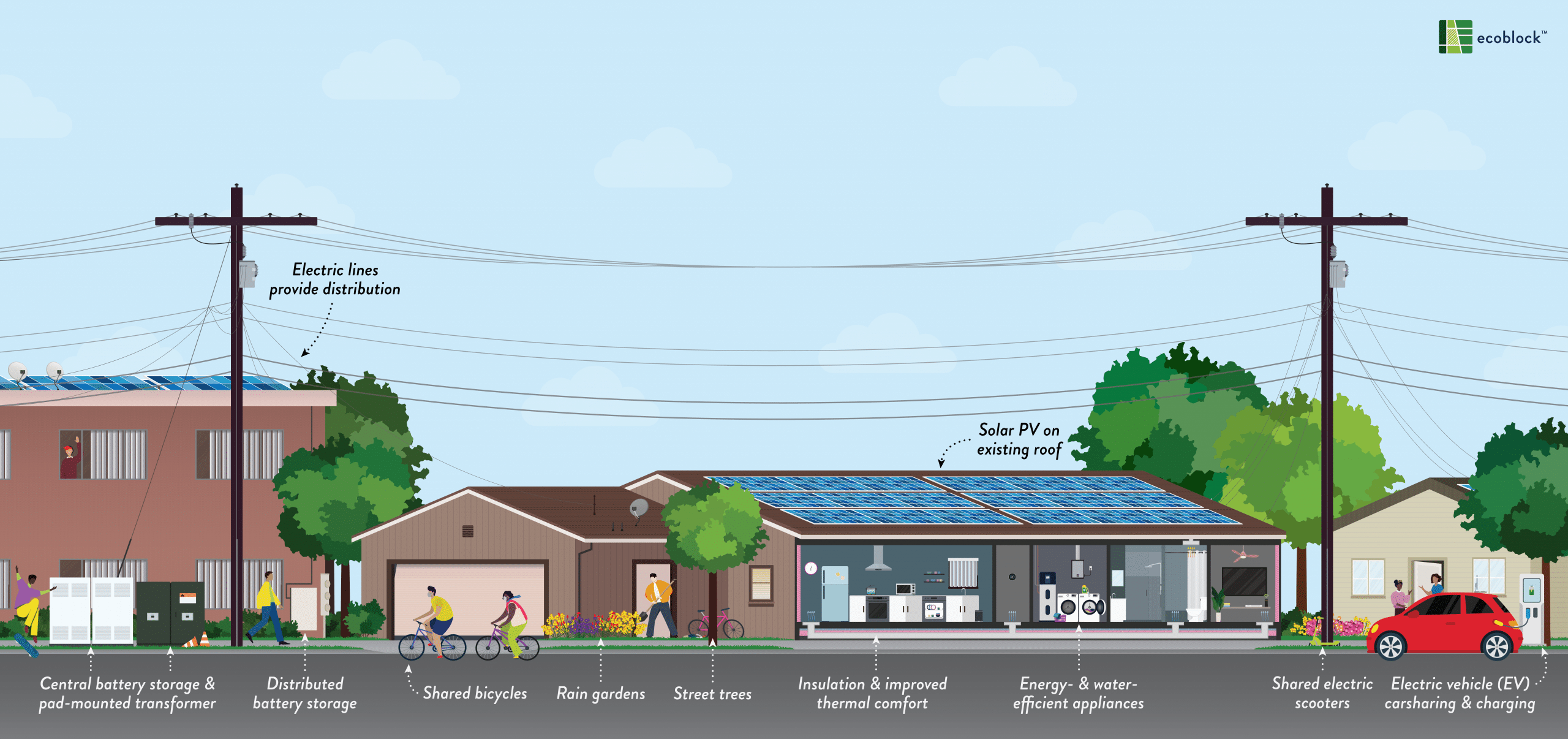Well into this year, it’s time for a quick update on the ongoing work at CIEE! There are nine fascinating active projects that our experts are currently engaged with, categorized below under the organization’s primary themes: Enabling Technologies, Climate Change, and the Electric Grid. Read on to get the latest news in energy and environment research.
Enabling Technologies
- Intelligent HVAC Controls for Low Income Households: HVAC systems tend to be a major expense for most low-income households, and limited access to broadband internet can make heating/cooling loads hard to monitor. This project aims to create a $60 thermostat that enables behavioral adaptations in the HVAC system through optimized settings and advanced algorithms, which can then be controlled through a simple wall interface, or even a phone!
- Brick: Portable Analytics, Modeling & Controls in Buildings: Brick is a nascent open-source data model, and this project aims to develop it into a tool that enables improved building energy performance across commercial structures. The greatest potential impact of Brick is that it could synergize disparate building tools like Building Information Modeling (BIM), Building Energy Modeling (BEM), and Building Automation Systems (BAS), connecting their abilities and filling in the gaps to analyze and optimize energy savings in buildings.
- Building Efficiency for a Sustainable Tomorrow (BEST) Center: As buildings employ complex mechanisms for monitoring energy consumption, there is a growing need for trained building technicians to operate multiple interacting building systems like HVAC, lighting, automation, security, and indoor air quality. The BEST Center supports, develops, and promotes building technician education programs across the country, providing expertise and resources to holistically transform building systems technician education. They truly are the BEST!
- Advanced Thermostat Evaluation (Cal-EPE HUB Project): Distributed energy resource (DER) products are advanced energy efficiency, renewable energy generation and storage products, which often come with high uncertainty and cost to buyers because of a lack of rigorous product evaluations. In collaboration with UC Davis, this project aims to evaluate DER products in a transparent manner, and to disseminate evaluation results such that consumers have unbiased information to make informed buying decisions.
Climate Change
- Developing UC’s Carbon Offset Procurement Strategy: To be on track for UC’s commitment to reducing its net GHG to zero by 2025, the university anticipates needing to procure offsets after implementing other emission reduction strategies. This project aims to develop UC’s strategy for procuring high quality offsets, and one of the ways in which it did that was by asking the entire UC community! They are now researching the voluntary offset market in search of project types that are high quality and also have co-benefits.
- Oakland EcoBlock: With their massive share of GHG emissions, getting buildings to net zero emissions is critical to climate change adaptation. However, new buildings generate their own emissions, and individual retrofits will take longer than we realistically have to effect change. The EcoBlock project engages in retrofitting at the block-scale to achieve affordable urban decarbonization, while undertaking collaborative action that improves community resilience. Learn more about this fast-paced project through their gorgeous website, linked at the end!
Electric Grid
- The Binational Lab on Smart Energy Management and Technology: A research partnership between Mexico’s Tec de Monterrey and UC Berkeley, the Binational Lab develops research to advance Mexico’s energy transition. Some ongoing topics include developing renewable energy integration models, comparative policy studies, and electricity markets restructuring with grid quality monitoring.
- Advancing Cognitive Performance for Power Grid Resiliency: If there is a system which needs to be reliable during times of crisis, it’s the electric grid. This project aims to support grid operators with critical decision making during challenging conditions using advanced, machine learning-based tools and data-driven training.
- Demand Response Analysis: The project analyses the potential for demand response (DR) in California, currently examining the role of new types of demand response to meet the needs of renewable generation on the California grid. New DR strategies move beyond ‘shedding’ load to include ‘shifting’ load in response to renewable energy availability- strategies that are likely to be important in managing the grid in the future.
And that’s the lowdown on what CIEE is up to this year! For more information regarding a specific project that you’re interested in, visit the CIEE projects archive, or click on the yellow subscribe button at the bottom of this page!

